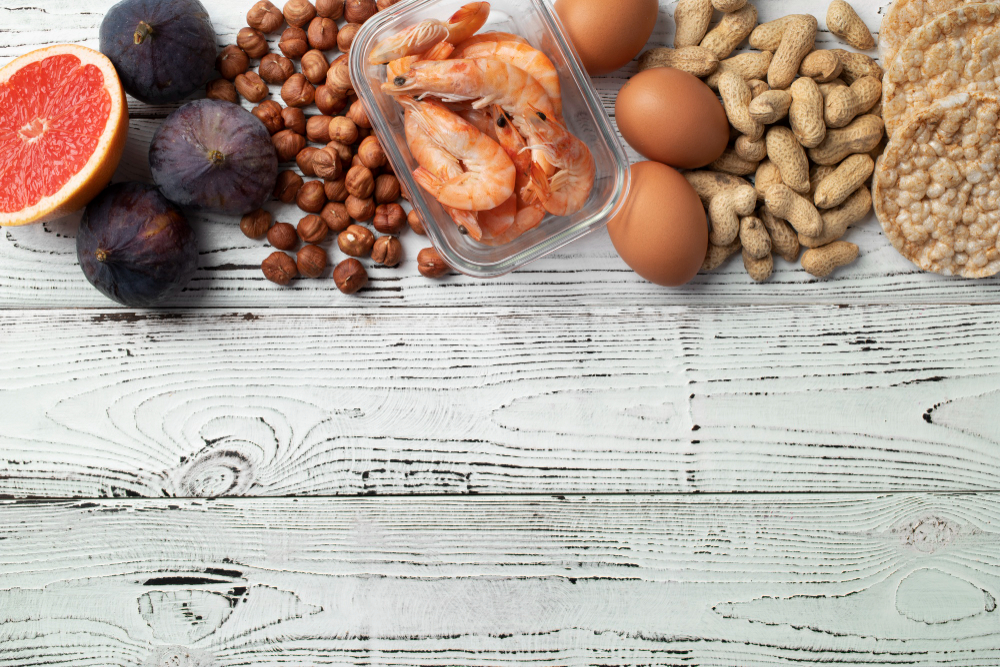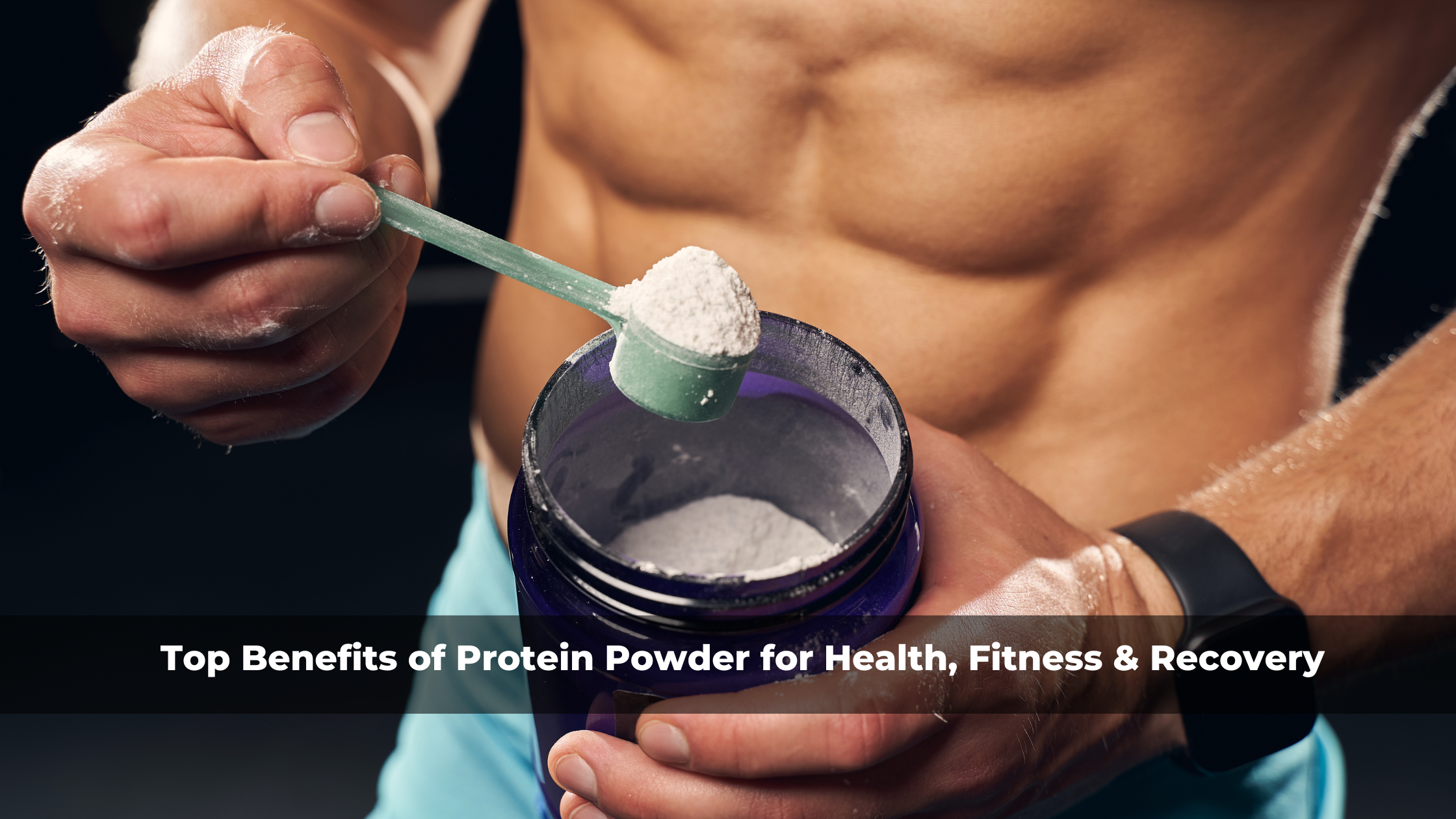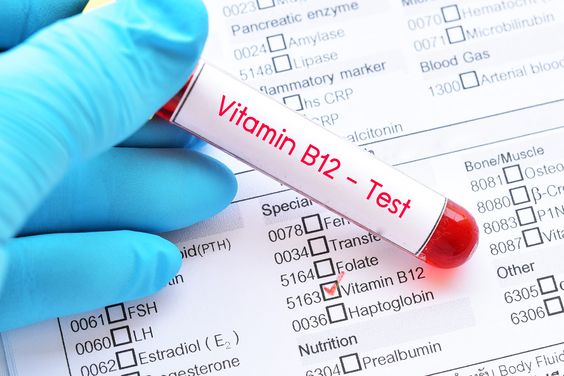The Role of Iron-Rich Foods in Combating Fatigue

Strong 8k brings an ultra-HD IPTV experience to your living room and your pocket.
Feeling Drained Even After Rest? Your Diet Could Hold the Answer
Have you ever wondered why some mornings you wake up tired, even after a good night’s sleep? Or why climbing a few stairs feels unusually exhausting?
Discover how iron-rich foods help reduce fatigue. Practical diet tips, cultural dishes, and when supplements may help.
While stress, late nights, or busy routines often take the blame, there’s a deeper and surprisingly common cause: low iron intake.
Iron plays a critical role in keeping your energy levels stable by helping your blood carry oxygen throughout the body. When your iron levels dip, your cells get less oxygen, leaving you feeling weak, lightheaded, or even out of breath.
Thankfully, simple food choices rooted in traditional diets can make a big difference. Let’s explore how adding iron-rich foods to your daily meals can naturally help reduce fatigue and support better overall wellness.
Feeling constantly drained isn’t just a sign of a busy life; it often points to something deeper, like iron deficiency. Iron is essential for making hemoglobin, which carries oxygen in our blood. Without enough iron, even everyday tasks can feel exhausting. Fortunately, Indian diets already include iron-rich foods like spinach, lentils, and chickpeas. Adding vitamin C sources, like lemon or tomatoes, helps your body absorb this iron better. Cooking in cast-iron pans and avoiding tea or coffee right after meals can also make a difference. Small, mindful changes like these can naturally support your energy and reduce fatigue over time.
How Iron Fuels Your Energy (And Why Many Fall Short)
Iron isn’t just another nutrient; it’s the backbone of hemoglobin, which delivers oxygen to muscles and tissues. Without enough, fatigue becomes almost unavoidable.
In India, studies suggest that iron deficiency is widespread, especially among women, vegetarians, and those with restricted diets. But nature offers plenty of solutions if we know where to look.
Key Steps to Boost Iron Naturally Through Food
1. Bring Iron-Rich Foods to Every Meal
Instead of occasional changes, build your meals around ingredients naturally high in iron.
Here are easy options many kitchens already have:
- Leafy greens: Spinach (palak), fenugreek (methi), amaranth leaves
- Legumes: Lentils (masoor dal), kidney beans (rajma), chickpeas (chana)
- Nuts & seeds: Pumpkin seeds, sesame (til), peanuts
- Whole grains: Bajra, ragi, brown rice
- Dry fruits: Raisins, dates, apricots
Add chopped methi to rotis or sprinkle roasted sesame seeds over salads to increase iron content effortlessly.
2. Pair with Vitamin C for Better Absorption
Plant-based (non-heme) iron doesn’t absorb as easily as animal sources. Vitamin C boosts this process naturally.
Examples of what works:
- Squeeze fresh lemon over dals and curries
- Add tomato, capsicum, or amla (Indian gooseberry) to meals
- Enjoy seasonal citrus fruits as mid-morning snacks
By making this small habit part of your routine, you help your body make the most of the iron you eat.
3. Cook Smarter for Hidden Iron Benefits
Traditional cooking wisdom offers surprising iron-boosting techniques:
- Cooking in cast-iron pans can slightly increase iron content in food
- Soaking, sprouting, and fermenting legumes improve iron absorption by lowering phytates
- Avoid tea or coffee right after meals, as tannins reduce iron uptake
These aren’t new trends; they’re time-tested habits often forgotten in modern fast cooking.
4. Add Iron-Rich Dishes Rooted in Culture
Indian cuisine naturally includes iron-rich meals, many of which are delicious and comforting:
- Palak paneer: Iron from spinach balanced with protein-rich paneer
- Chana masala: Packed with chickpeas and spices
- Ragi roti: A South Indian favorite rich in calcium and iron
- Khichdi with leafy greens: Gentle on the stomach and nutritious
Incorporate them a few times a week instead of completely changing your meal plan.
5. When Food Alone Isn’t Enough
While diet is powerful, certain groups — like pregnant women, adolescents, or people recovering from illness — may need extra help.
In consultation with a doctor, supplements like Haem Up Syrup (200 ml) can gently correct deficiencies.
This approach ensures your body regains strength without overdependence on medication.
Everyday Habits That Make a Difference
Small, daily choices support iron absorption and overall energy:
- Keep meals colorful — more color often means more nutrients
- Snack smartly with roasted chana or dry fruits instead of fried foods
- Hydrate well; dehydration can worsen fatigue
- Track your meals weekly to notice gaps or repetitive eating patterns
When you combine these habits, even small improvements add up.
Final Reflections: Beyond Tiredness, Toward Vitality
Fatigue isn’t always just about workload or lack of sleep. Sometimes, it’s your body’s way of asking for balanced nutrition — especially iron.
By choosing traditional iron-rich foods, cooking thoughtfully, and using supplements when recommended, you empower your body to stay active and alert.
Remember, energy is built meal by meal, day by day. A mindful plate can go a long way in reclaiming the energy you need to live fully — whether that’s running errands, playing with your kids, or enjoying a peaceful walk at sunset.
Note: IndiBlogHub features both user-submitted and editorial content. We do not verify third-party contributions. Read our Disclaimer and Privacy Policyfor details.







